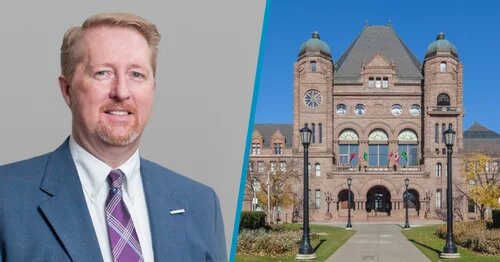
Wednesday, July 14, 2021
The Ontario government recently announced a Workforce Recovery Advisory Committee that has been charged with providing “recommendations to position Ontario as the best place in North America to recruit, retain and reward workers.”
The committee is to deliver recommendations that “address the complexities and opportunities caused and/or accelerated by the COVID-19 pandemic, including changes in technology, the growth of ‘work from anywhere’ employment, and the significance of skills development in the global labour market.”
As an active and engaged union in this province, AMAPCEO would customarily share our thoughts on these topics with the committee by way of a written submission. We have built a reputation for thorough and thoughtful input on all topics. In this instance, who better to contribute than professionals routinely charged with crafting the policies of the province?
However, the government has constructed a committee that, in a mystifying stroke of irony, has no representatives from labour, nor does its membership include any experts on employment law.
Quite rightly, the make-up of the committee has been criticized by labour unions throughout the province.
AMAPCEO agrees that a study of “the future of work in Ontario” is overdue. The impacts of the pandemic, the rise of precarious work, and the effects of economic shifts must be better understood and directly addressed to ensure a more prosperous province for everyone.
However, as the Ontario Federation of Labour has said, the omission of labour voices renders the process fundamentally flawed. This has led the OFL to call for a halt to the entire process.
AMAPCEO agrees with them.
For decades, a balance between labour and employer representatives has been at the heart of every earnest effort at labour law reform. Balance is crucial to the relationship between employee and employer.
As the 1996 Sims Committee on Canada’s Labour Code reported, there must be balance between social and economic values; between rights and responsibilities; and between the public interest and free collective bargaining.
A pendulum effect does no one any good.
AMAPCEO believes in a collaborative, interest-based approach to problem solving. We want to work with the government to address these critical issues. For that to happen, workers’ voices must be heard. To be heard, they must be at the table.
We join the OFL in calling on the government to pause the work of the Workforce Recovery Advisory Committee until workers are represented.
Dave Bulmer
President & CEO